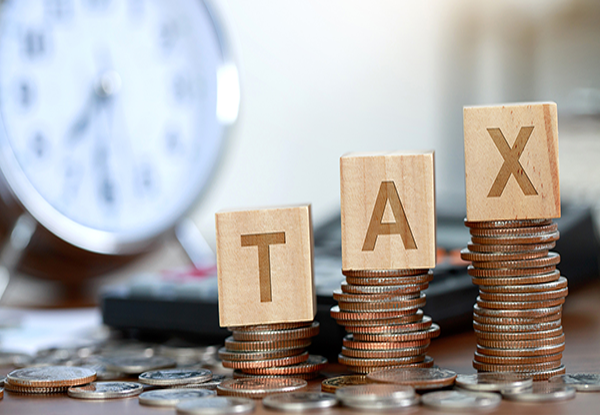Do You Still Owe U.S. Taxes if You Move to Puerto Rico?
- Posted: July 4, 2025
- Posted by: Ishan Solutionz
- Last Reviewed: July 4, 2025

Moving to Puerto Rico? Learn when U.S. taxes still apply, how to qualify for exemptions, and the steps to maximize your tax benefits.
Taxation: The Basics
Do You Still Owe U.S. Taxes?
The Bona Fide Residency Test: Do You Qualify?
How to Fully Benefit from Act 60
Making the Most of Puerto Rico’s Tax Benefits
If you’re in the U.S. and thinking about relocating to Puerto Rico, one big question on your mind might be: Will I still owe U.S. taxes? While Puerto Rico offers major tax advantages, simply moving isn’t enough—you must meet specific requirements to avoid unexpected tax obligations. This article will clear up what taxes you may still owe and how to navigate Act 60 requirements to make the most of Puerto Rico’s tax benefits.
Taxation: The Basics
The U.S. follows a worldwide taxation system, meaning that if you’re a U.S. citizen living abroad, you’re required to pay taxes on all income you earn, no matter where it’s made. However, there are certain exceptions to this rule.
Puerto Rico, on the other hand, has its own tax system for residents. If you relocate under Act 60, you can access significant tax benefits, including 0% capital gains tax on assets acquired after your move and a 4% tax rate on business income for qualifying businesses.
Do You Still Owe U.S. Taxes?

In some cases, relocating to Puerto Rico does not automatically exempt you from all U.S. tax obligations. Certain types of income remain subject to U.S. taxation, even if you establish residency on the island.
When You May Still Owe U.S. Taxes
- U.S. Rental Income: If you own rental properties in the U.S., you must report and pay U.S. taxes on that income.
- U.S. Business Income: If your business is based in the U.S. and has not been properly restructured as a Puerto Rican entity, it remains subject to U.S. taxation.
- Capital Gains on Pre-Move Assets: If you bought stocks, real estate, or other investments before moving, you owe U.S. capital gains tax on any appreciation before your relocation. For instance, if you purchased stocks in 2009 and sold them after moving to Puerto Rico, you still owe U.S. taxes on the portion of gains that accrued before your move.
When You Don’t Have to Pay U.S. Taxes
As mentioned previously, there are exceptions to the U.S. worldwide taxation system. If you qualify as a bona fide resident of Puerto Rico and all of your income is Puerto Rico-sourced, you are typically exempt from filing a U.S. federal tax return. Instead, you would only file a Puerto Rico tax return. However, meeting the residency requirements is important—failing to do so can result in continued U.S. tax obligations.
The Bona Fide Residency Test: Do You Qualify?
To qualify as a bona fide resident of Puerto Rico, you must pass three key tests. These tests prove to the IRS that Puerto Rico is your true tax home.
Here’s what you need to meet:
- Presence Test: You must spend at least 183 days per year in Puerto Rico. Failing to meet this requirement could result in U.S. tax obligations.
- Tax Home Test: Your main place of work or business must be in Puerto Rico.
- Closer Connection Test: You must show stronger ties to Puerto Rico than to the mainland U.S. This can include getting a Puerto Rico driver’s license, registering to vote, owning a home, and maintaining financial accounts on the island.
How to Fully Benefit from Act 60
To fully take advantage of Act 60 and eliminate U.S. tax obligations, you need to properly establish your Puerto Rico residency. This means carefully tracking your days spent on the island, transferring financial accounts to Puerto Rico, and, if you own a business, moving it to Puerto Rico to qualify for the 4% tax rate.
Planning your capital gains strategy is just as important. To avoid U.S. taxes, consider selling any pre-move investments before relocating. Once you’re a Puerto Rico resident, you can invest in new assets and take full advantage of the 0% capital gains tax on future gains.
Making the Most of Puerto Rico’s Tax Benefits

Act 60 comes with incredible tax benefits, but if you don’t follow IRS rules, you could still end up owing U.S. taxes. The key is getting everything right—from filing the right paperwork to meeting residency requirements. That’s where PRelocate comes in. We help you navigate the process so you can stay compliant and keep more of your money. Need help? Reach out to us for a free call.





